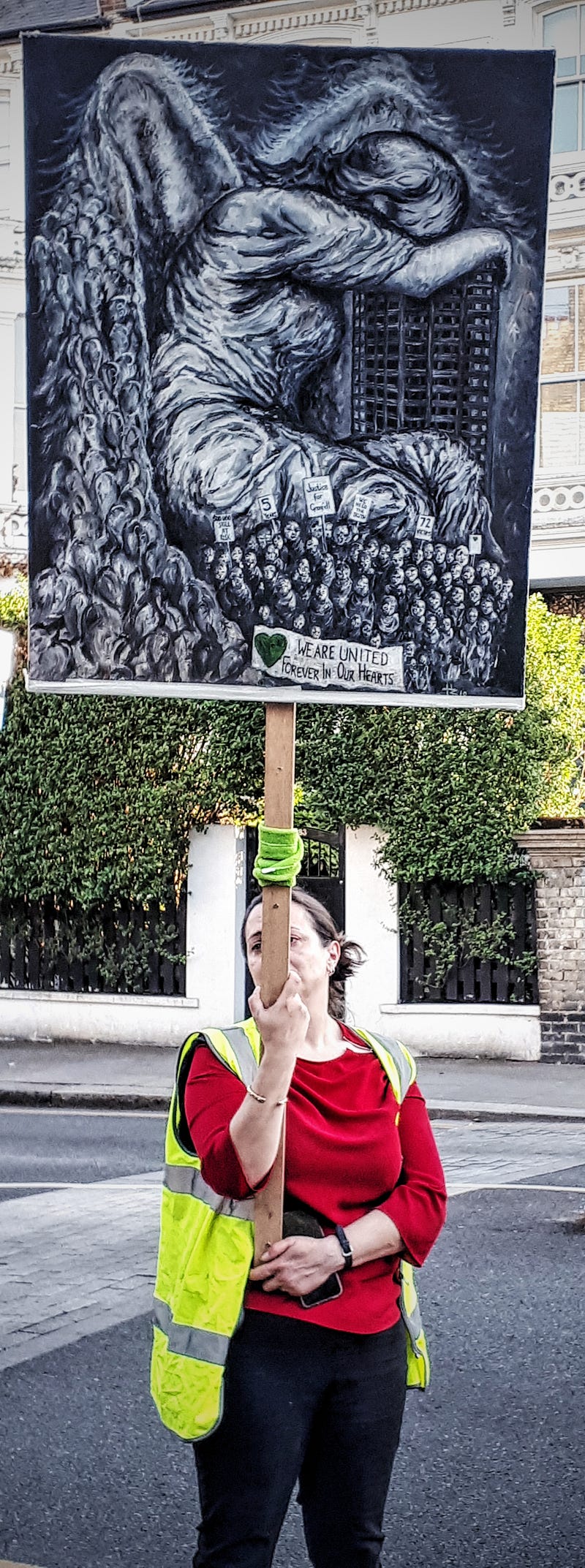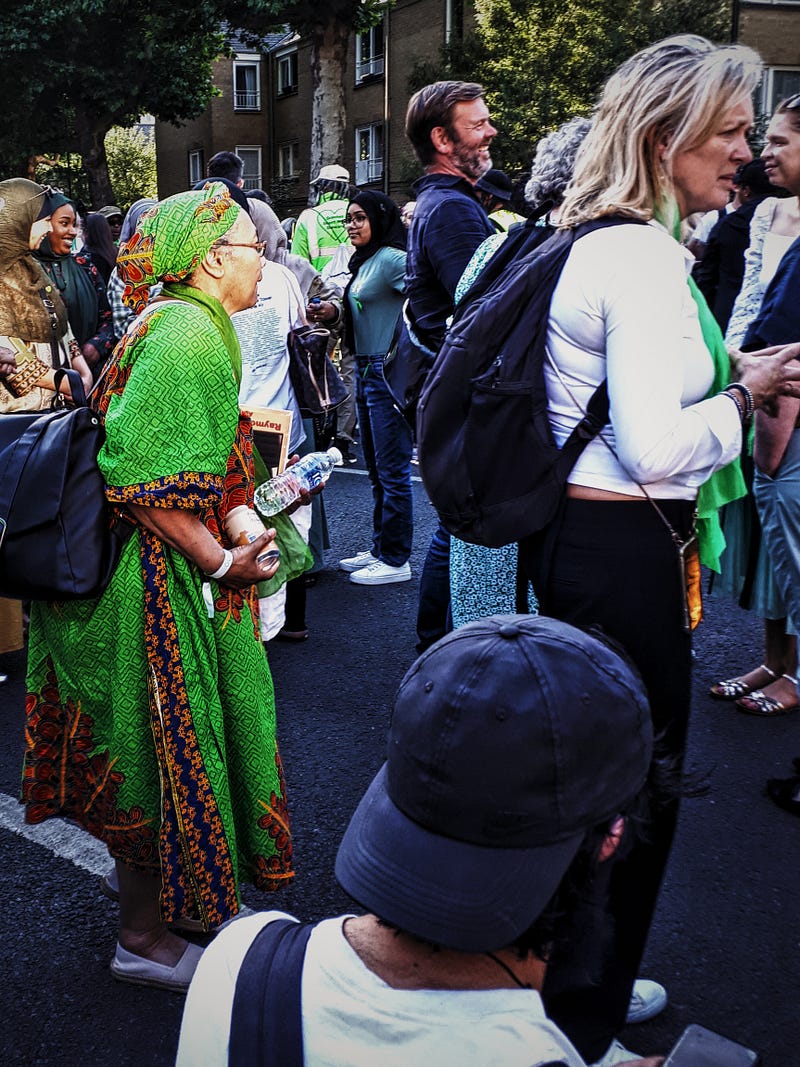The Grenfell Tower Fire: Reflecting on Five Years of Tragedy
Written on
Chapter 1: The Tragedy of Grenfell
The Grenfell Tower fire, which broke out in the early hours of June 14, 2017, should have never taken place. The tragic loss of 72 lives, predominantly those of immigrant, Black, and Asian residents, could and should have been averted. It is shocking that such a disaster occurred in the Royal Borough of Kensington and Chelsea, an area known for its high property values.
When investigating the Grenfell incident, it's essential to recognize that blame cannot solely rest on one factor. A multitude of elements contributed to the disaster before, during, and after the fire.
For years, the dominant economic model in the UK has leaned heavily on outsourcing, which complicates accountability. With layers of contractors and subcontractors involved, determining who is responsible becomes challenging. Coupled with a Tory-driven approach that favors cutting red tape, this framework has proven disastrous, culminating in the loss of lives and the displacement of survivors.
Additionally, issues of class and race played a significant role in Grenfell. The local council's disregard for the residents—many of whom were migrants or descendants of migrants in a working-class community—was evident. Complaints regarding the absence of smoke alarms and faulty fire safety doors went ignored. This negligence highlighted the disdain and condescension exhibited by the Kensington and Chelsea Tenant Management Organisation towards their neighbors.
As I stood in solidarity with the Grenfell survivors during the fifth anniversary memorial outside the Notting Hill Methodist Church on Lancaster Road in West London, I couldn't help but reflect on those who are still grieving. Many survivors are yearning for closure, yet how can they find peace when no one has been held accountable? The fear of future tragedies looms large, making it impossible for them to truly move on.
Grenfell should have served as a wake-up call regarding the dire state of social housing in Britain. Instead, it has exposed a deeply flawed socioeconomic and political system, one that is primed for further tragedies.


Section 1.1: The Silent Walk for Grenfell
The Silent Walk held on June 14, 2022, was a poignant reminder of the ongoing struggle faced by survivors and the community.
Describing the impact of the Grenfell Tower fire, this BBC Newsnight segment revisits the heart-wrenching stories from the 21st floor and examines the continued fight for justice.
Subsection 1.1.1: Collective Grief
The communal pain experienced by those affected has not diminished over the years. Many continue to seek answers and accountability.
Section 1.2: The Broader Implications
Grenfell serves as a critical reflection of the broader issues within the UK's housing policies and social systems.
This BBC Three segment captures five poignant stories of individuals affected by the Grenfell tragedy, illustrating the lasting impact on their lives.
Chapter 2: The Path Forward
The lessons learned from Grenfell must not be forgotten. It is crucial that we advocate for systemic changes to prevent future tragedies.